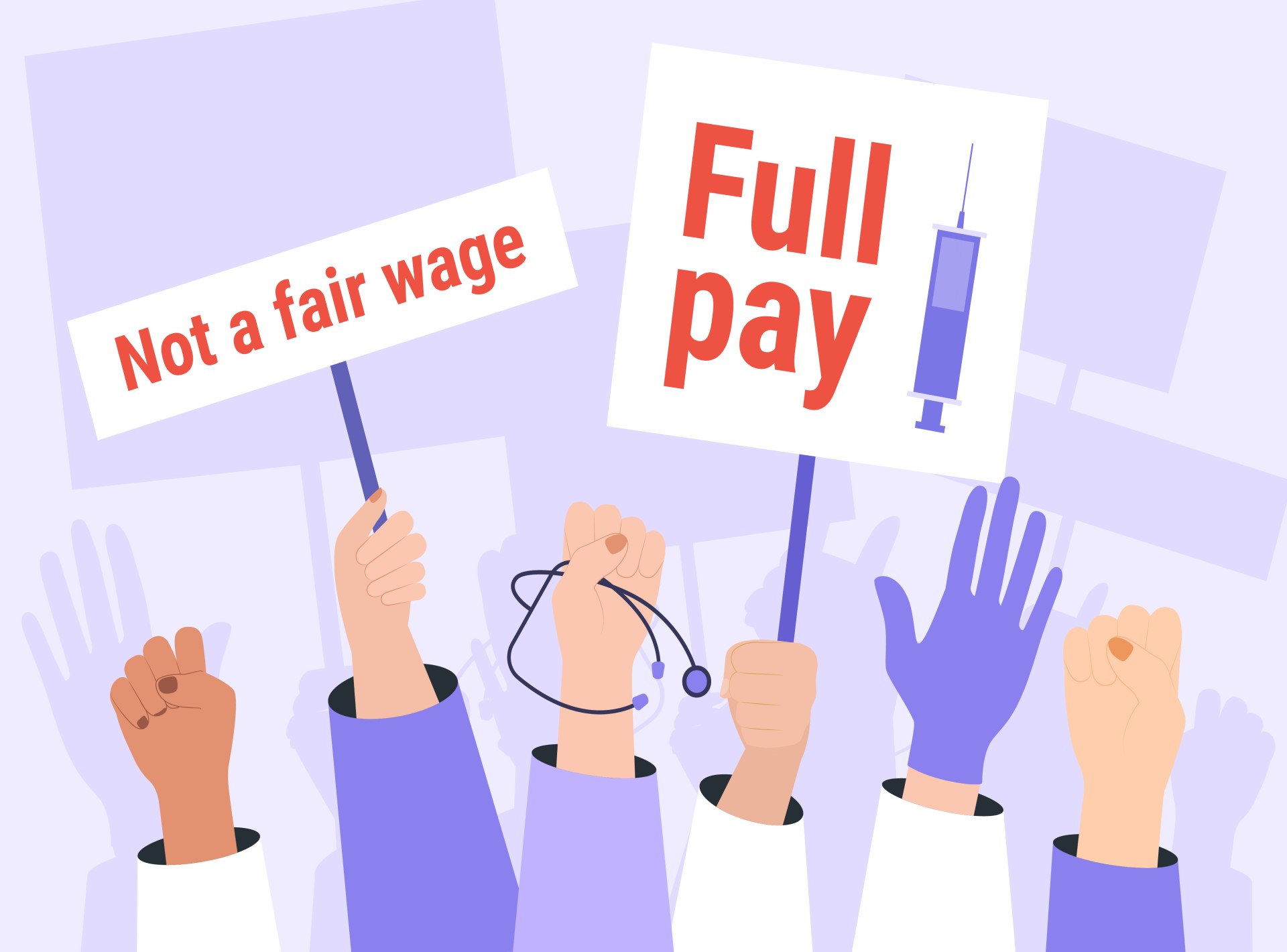
The AMA WA has rejected the WA Health Department’s first offer in negotiations to replace the current industrial agreement – an offer which included close to an 8% pay rise over two years.
The association’s bargaining committee received the first offer last month but knocked it back, saying it fell short in several key areas, particularly in attracting and retaining quality medical practitioners within the State.
The offer included salary increases of 4.5% a year from September 3 this year, and a 3.25% per annum effective from September next year.
“The improvements to personal leave, superannuation and professional development allowance during parental leave, provisions around fatigue management, and the inclusion of public sector standards including those for early pregnancy loss; demonstrate a commitment by the WA Government to the engagement of a diverse medical workforce, and stamping out discriminatory practices within WA Health,” the AMA WA said in a statement.
“However, for an agreement to deliver on the Government’s objectives to ensure the attraction and retention of quality medical staff in WA, it needs to improve the operations of our hospitals and health services and must go further to provide fair and reasonable conditions for all doctors.
“The current offer is not sufficiently competitive and would fail to attract and retain the medical workforce that our state requires.”
The bargaining committee will now continue talks with WA Health and the Government bargaining representatives to work towards a better offer. The groups have been negotiating since the the start of the year.
The AMA said the agreement – the current one due to expire in September — was critical for all doctors working in the public health system, as it outlined essential terms such as salary rates, allowances, penalty rates, and leave provisions.
The other considerations were that allowances were adjusted in accordance with existing methodologies, including penalty rates for specific weekend and public holiday hours, exemptions from being rostered before any planned leave period, introducing a requirement for 48 hours free from all duty when travelling to regional or remote sites, the ability to access all types of accrued leave, and an additional 12 weeks of superannuation on unpaid parental leave (to a maximum of 24 weeks).
The proposal also addressed professional development needs, stipulating that practitioners would be entitled to take four days unpaid leave for exams with three days free from work prior to sitting the test, as well as three weeks paid study leave.
Unused study leave would carry over to the following year – to a maximum of six weeks’ leave.

